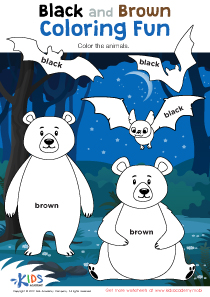Fine Motor Skills English for Beginners Worksheets for Ages 3-4 - Page 2
61 filtered results
-
From - To
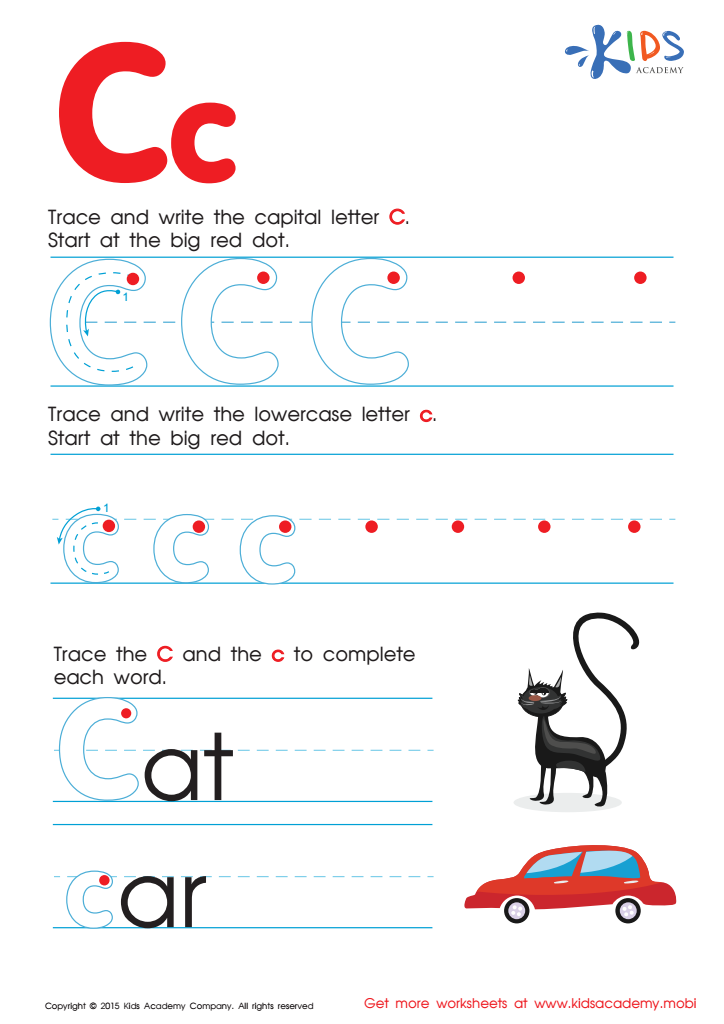

Letter C Tracing Page
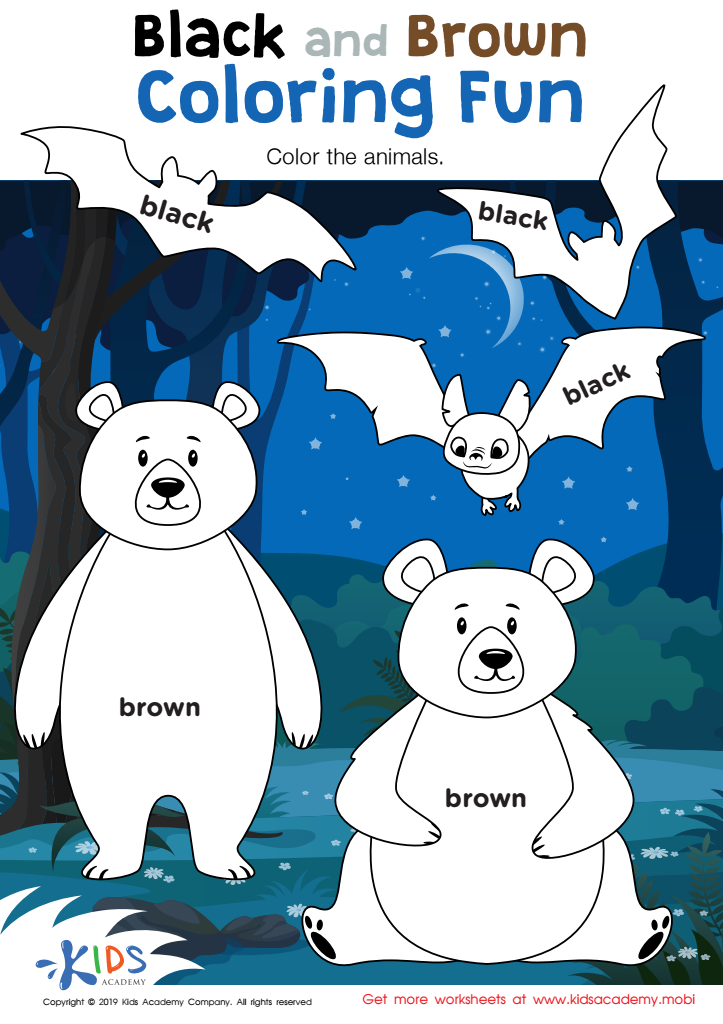

Black and Brown Coloring Fun Worksheet
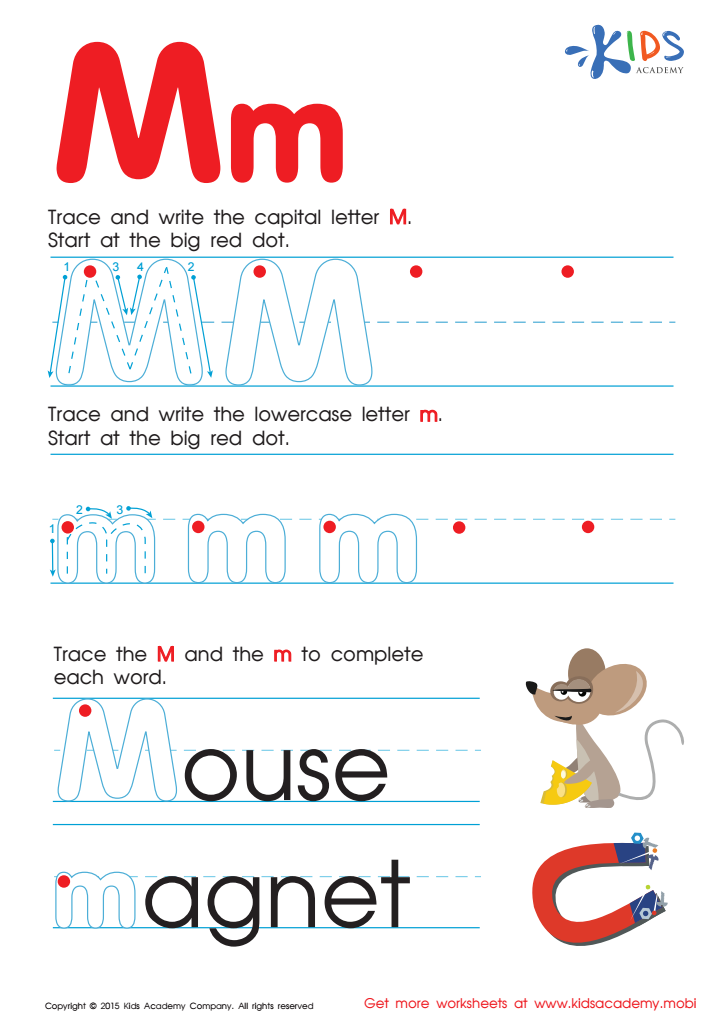

Letter M Tracing Page
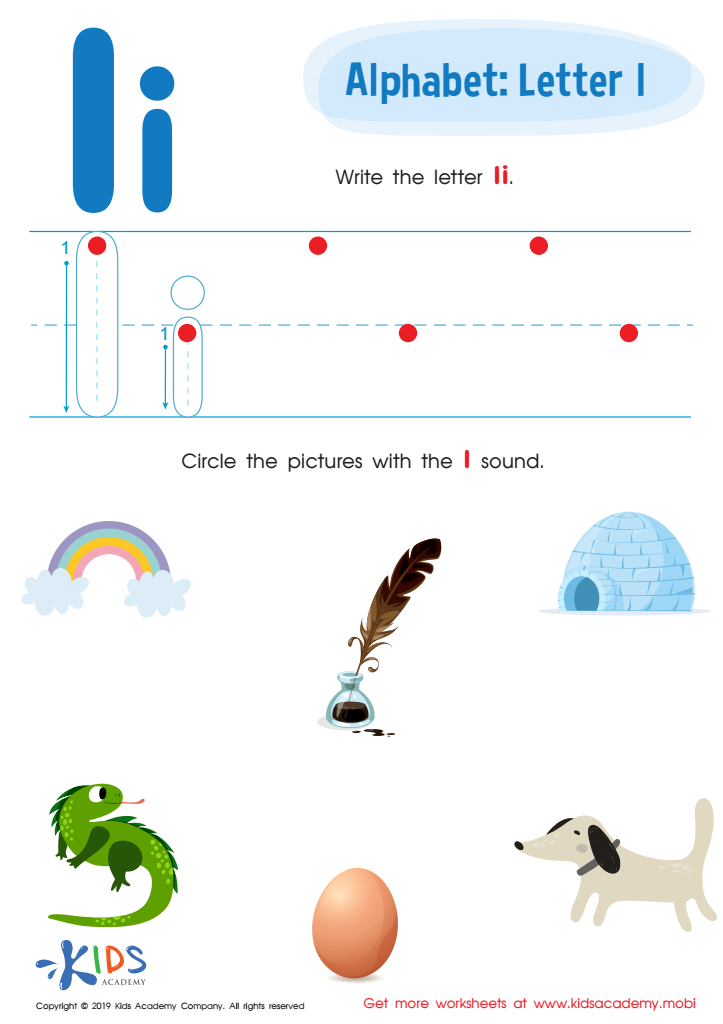

Letter I Tracing Worksheet
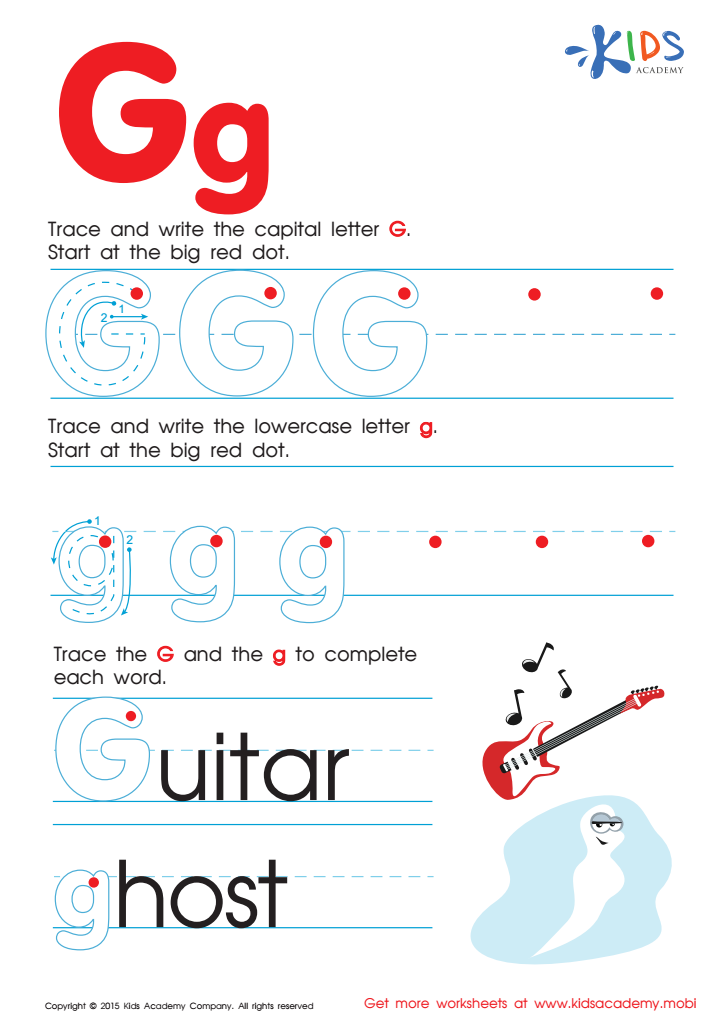

Letter G Tracing Page
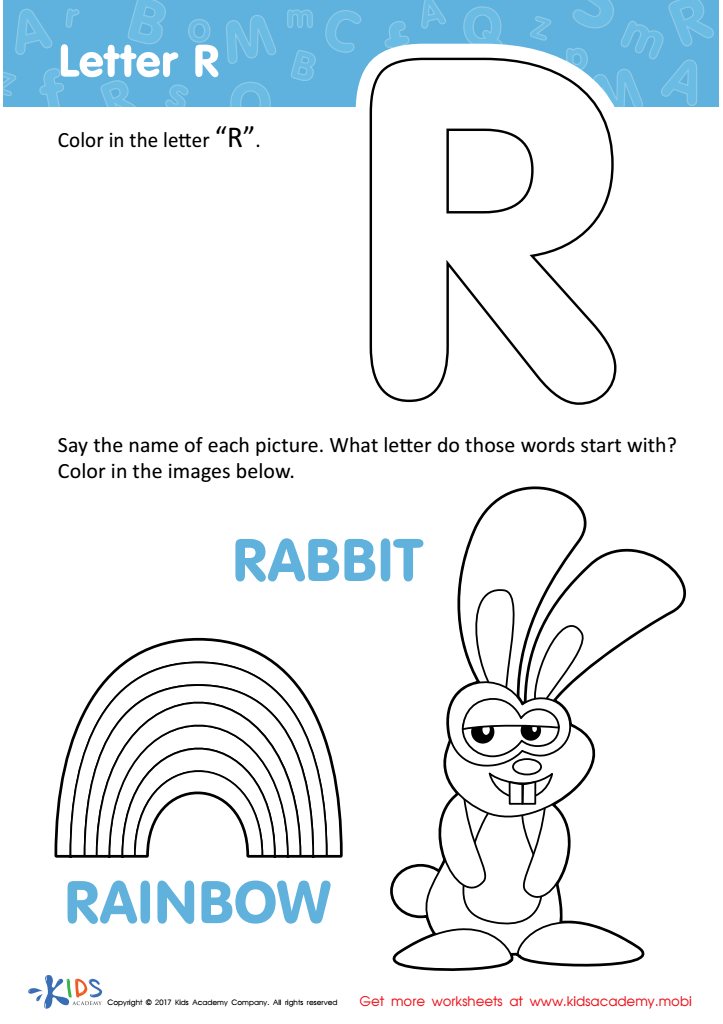

Letter R Coloring Sheet
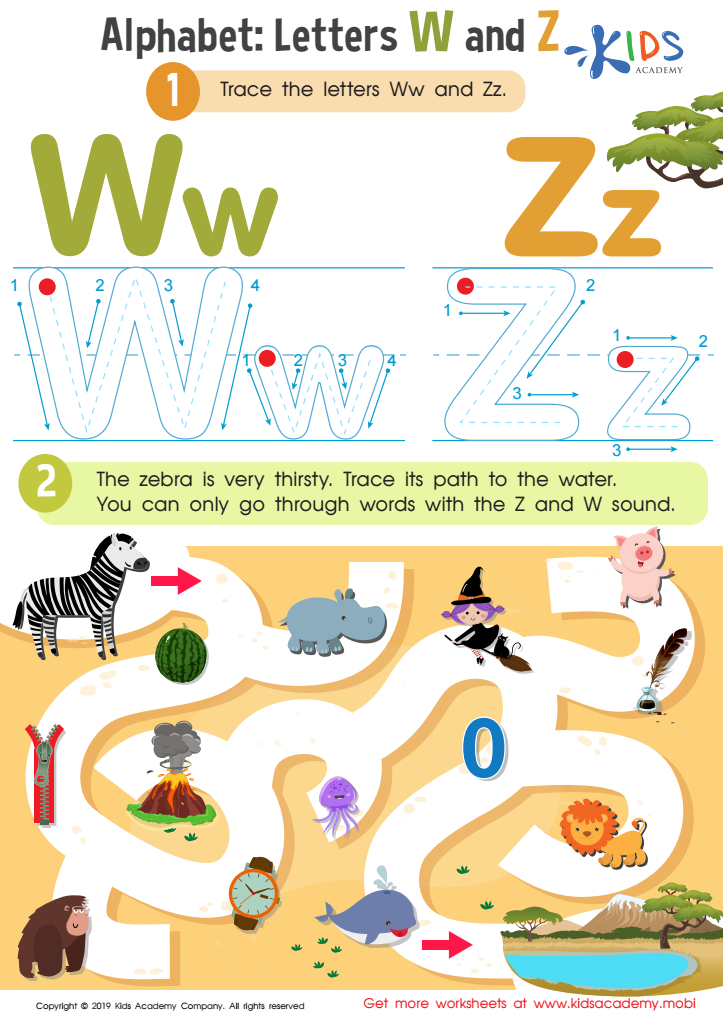

Letters W and Z Tracing Worksheet
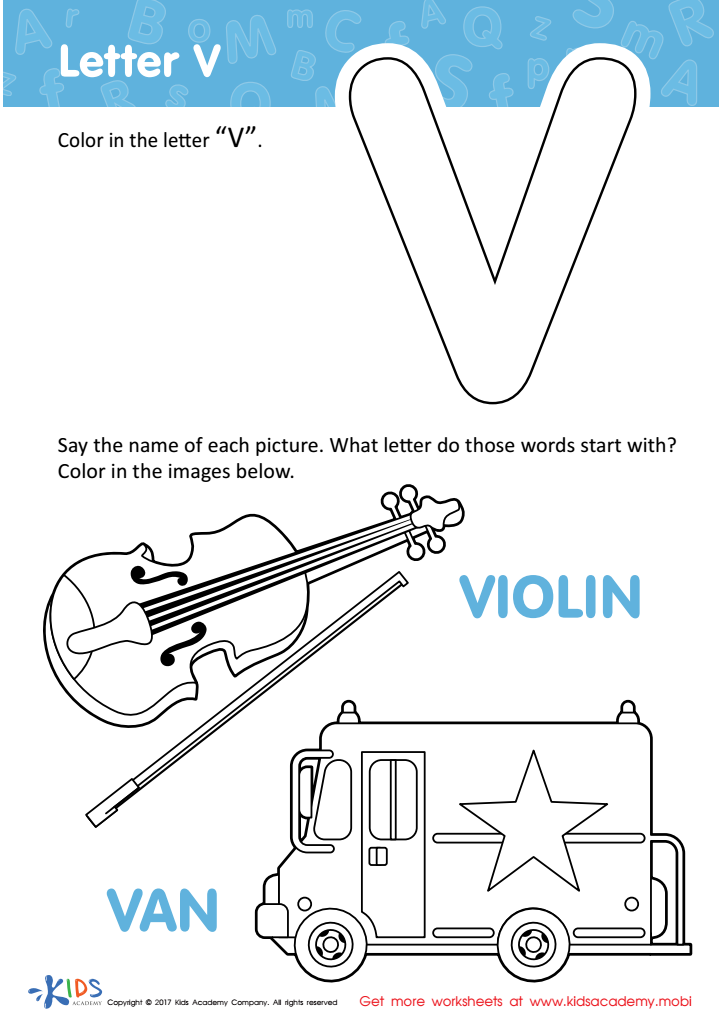

Letter V Coloring Sheet
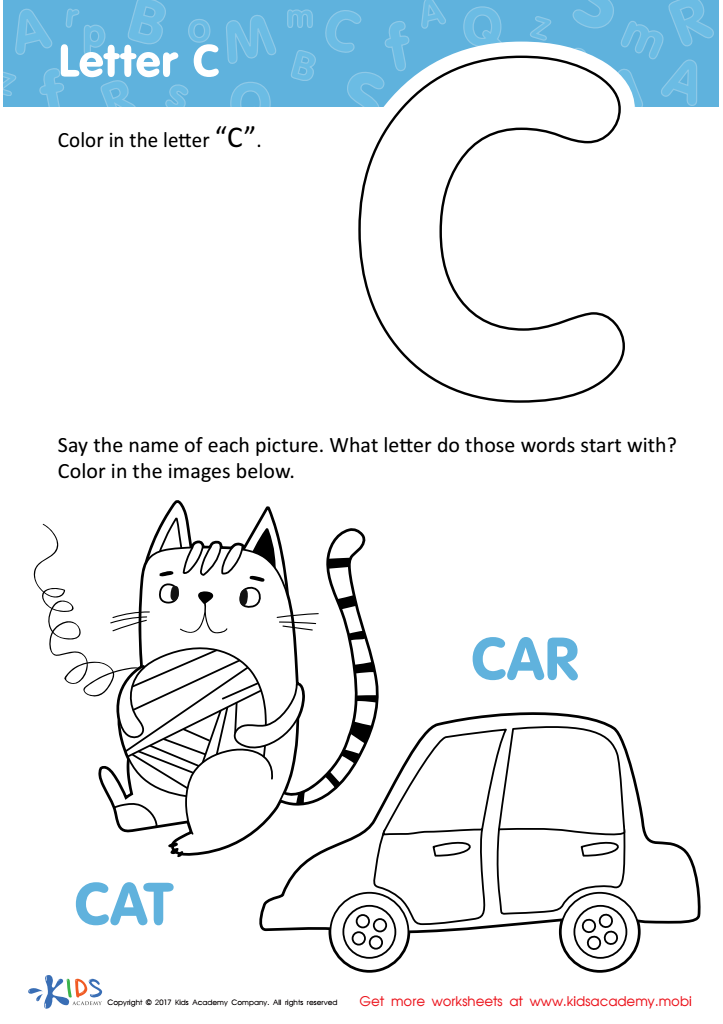

Letter C Coloring Sheet
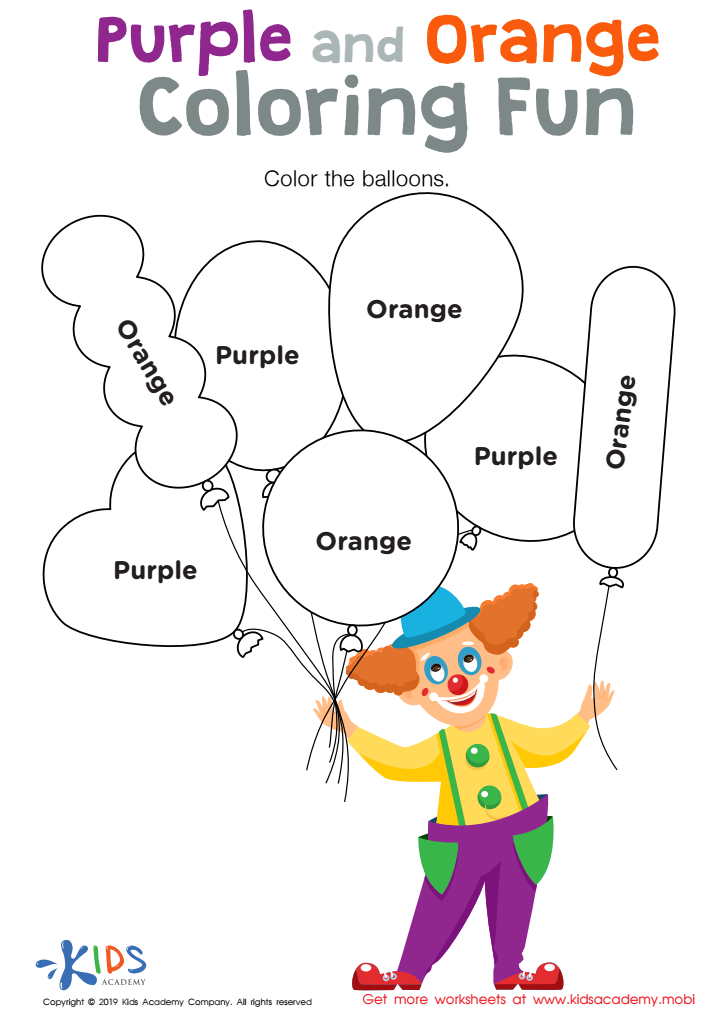

Purple and Orange Coloring Fun Worksheet
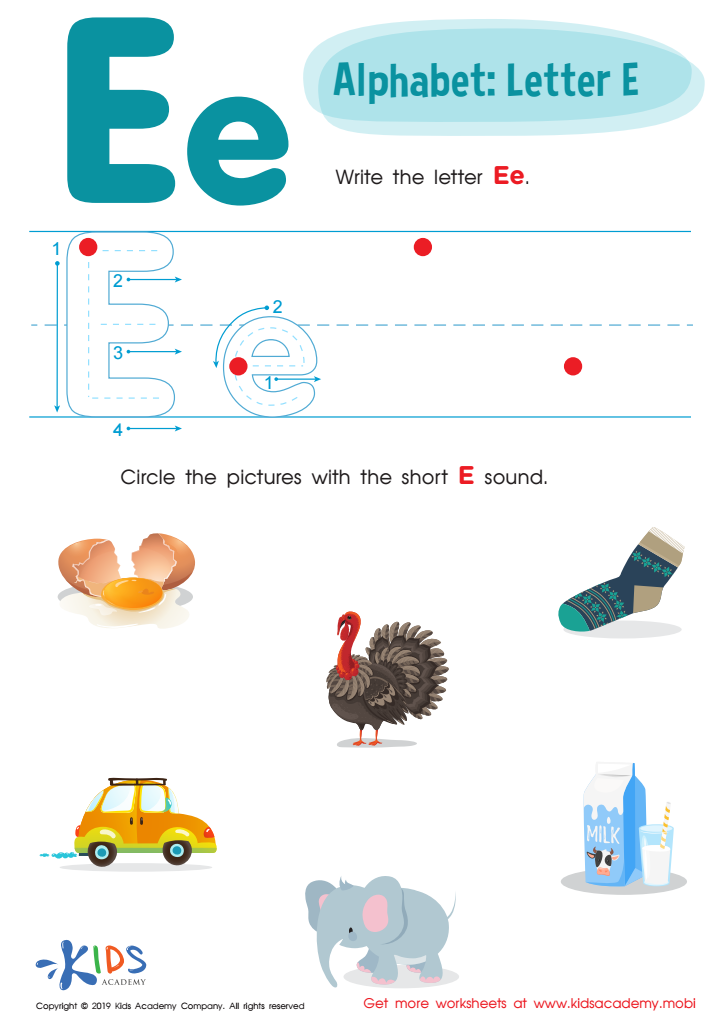

Letter E Tracing Worksheet
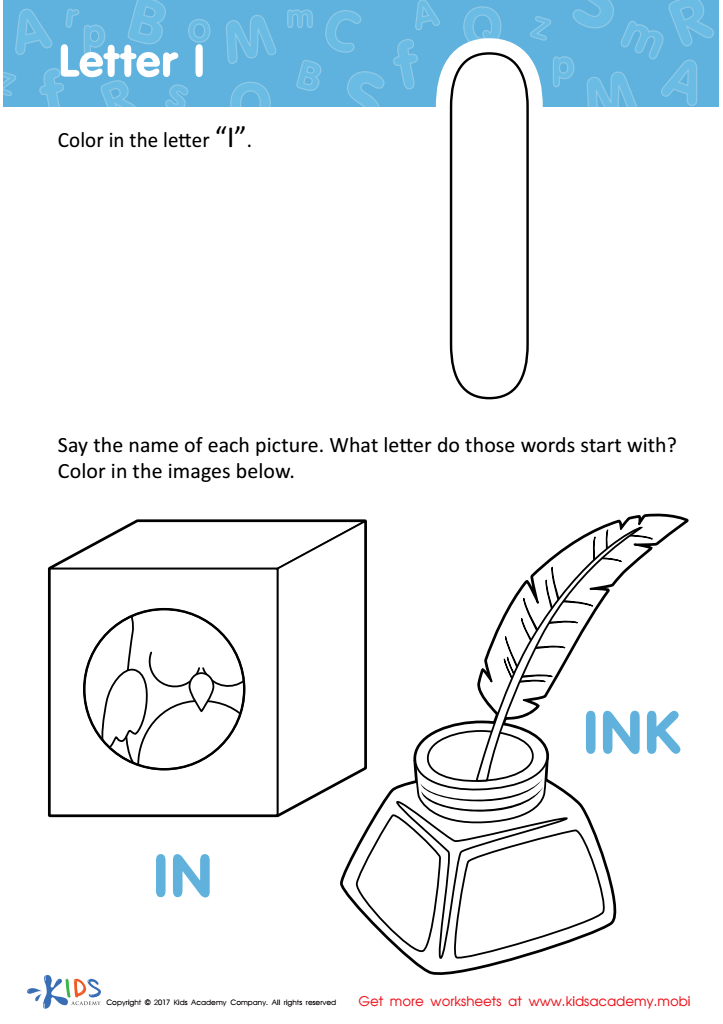

Letter I Coloring Sheet
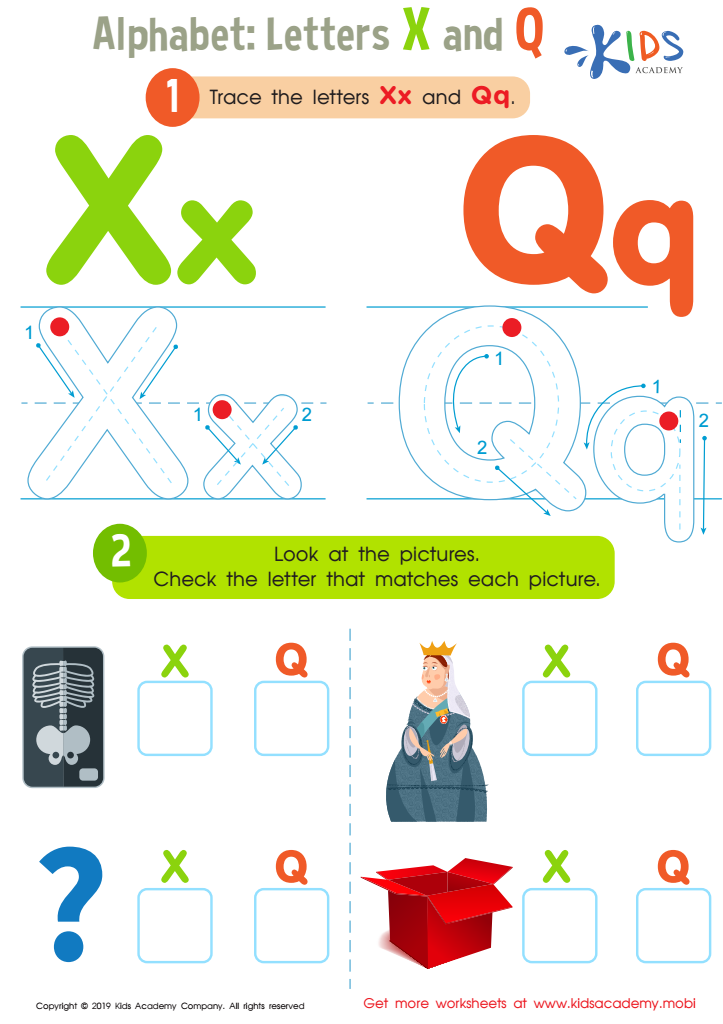

Letters X and Q Tracing Worksheet


Long and Short U Worksheet
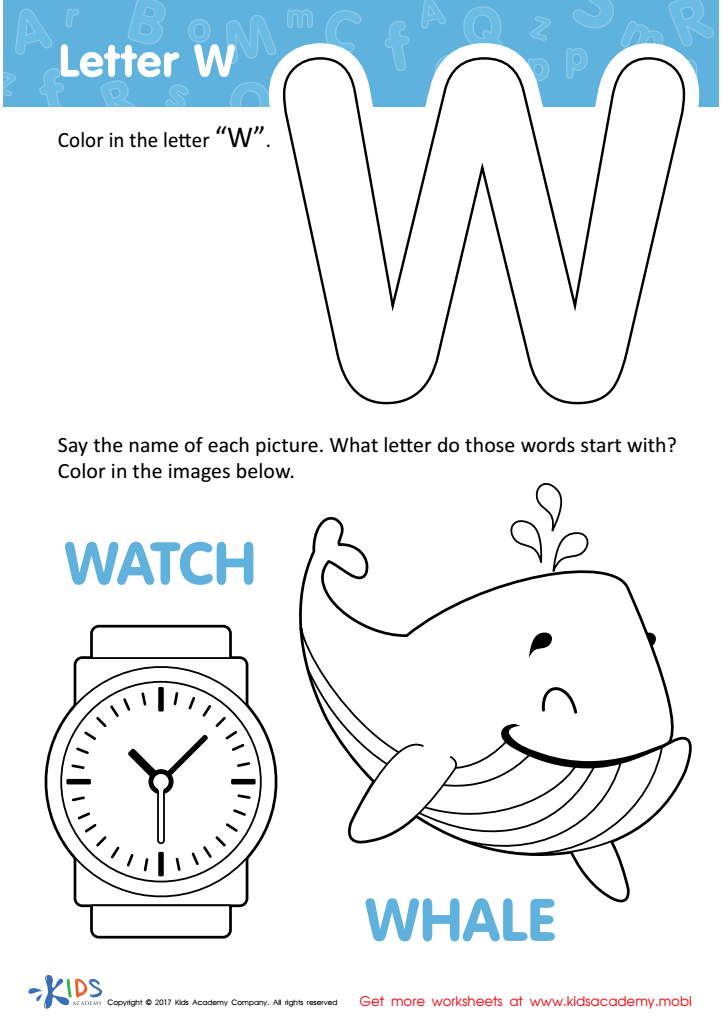

Letter W Coloring Sheet
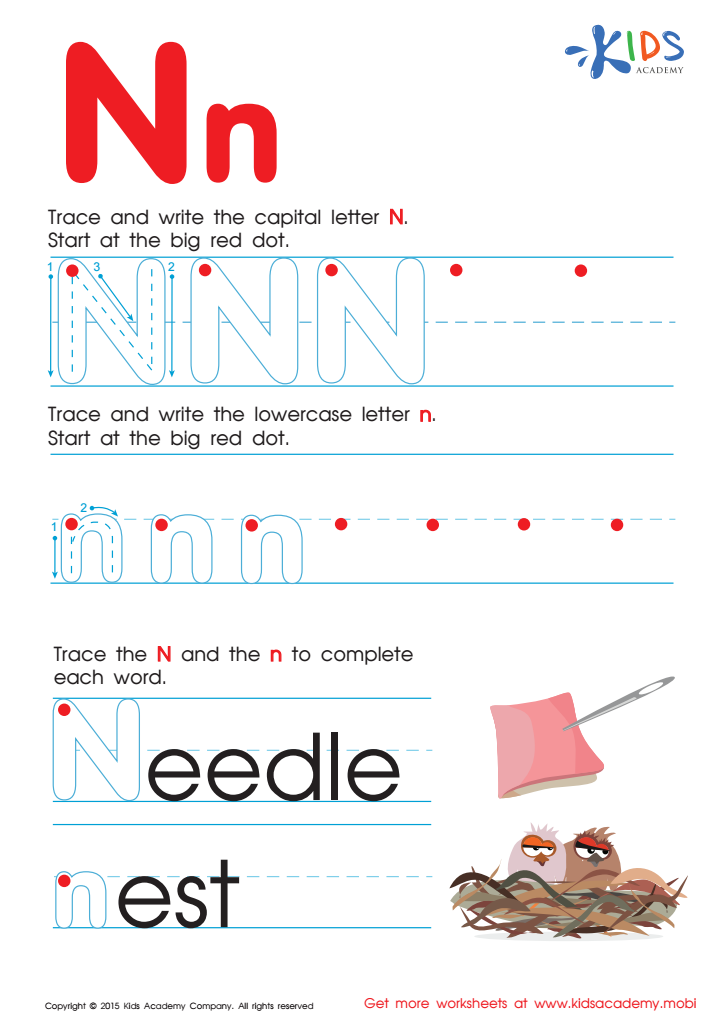

Letter N Tracing Page
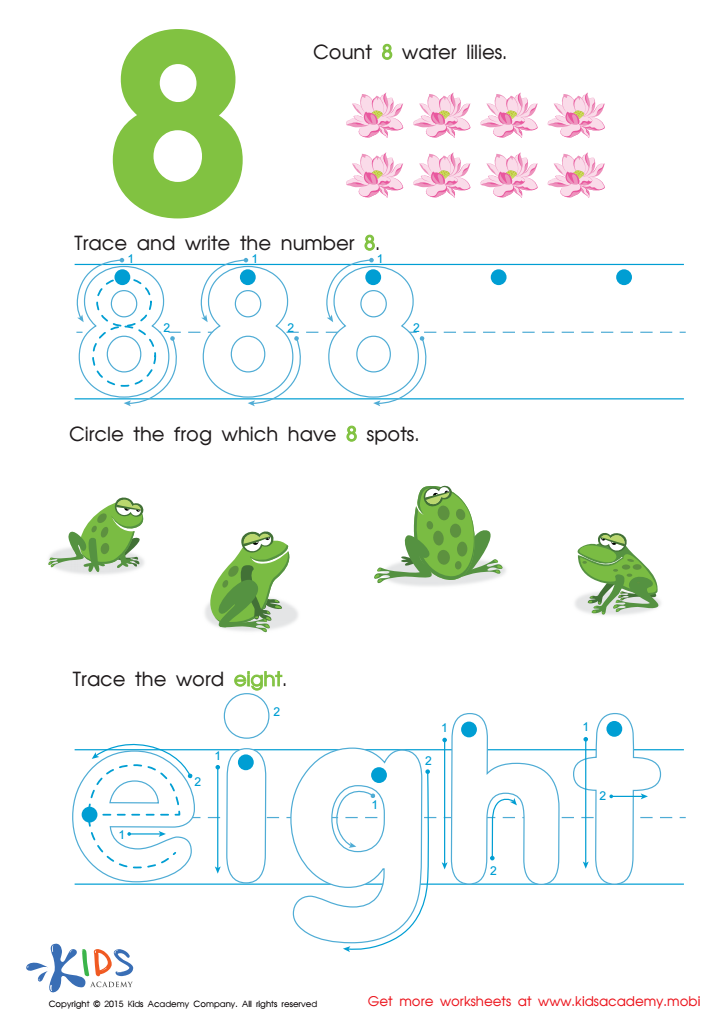

Learn Number 8 Easily Worksheet
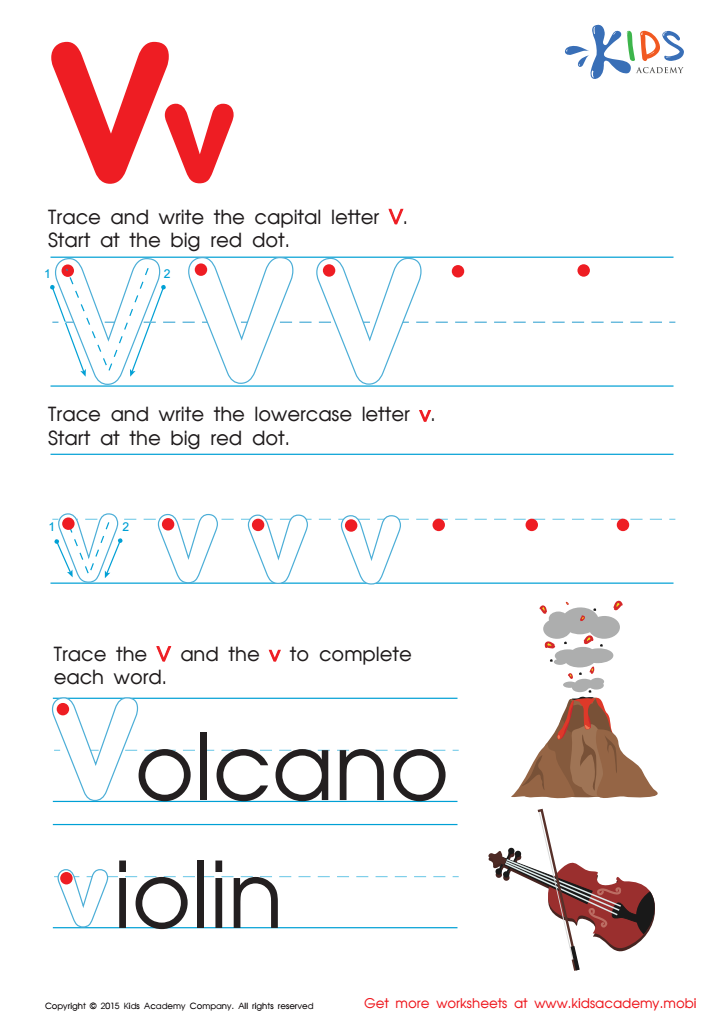

Letter V Tracing Page
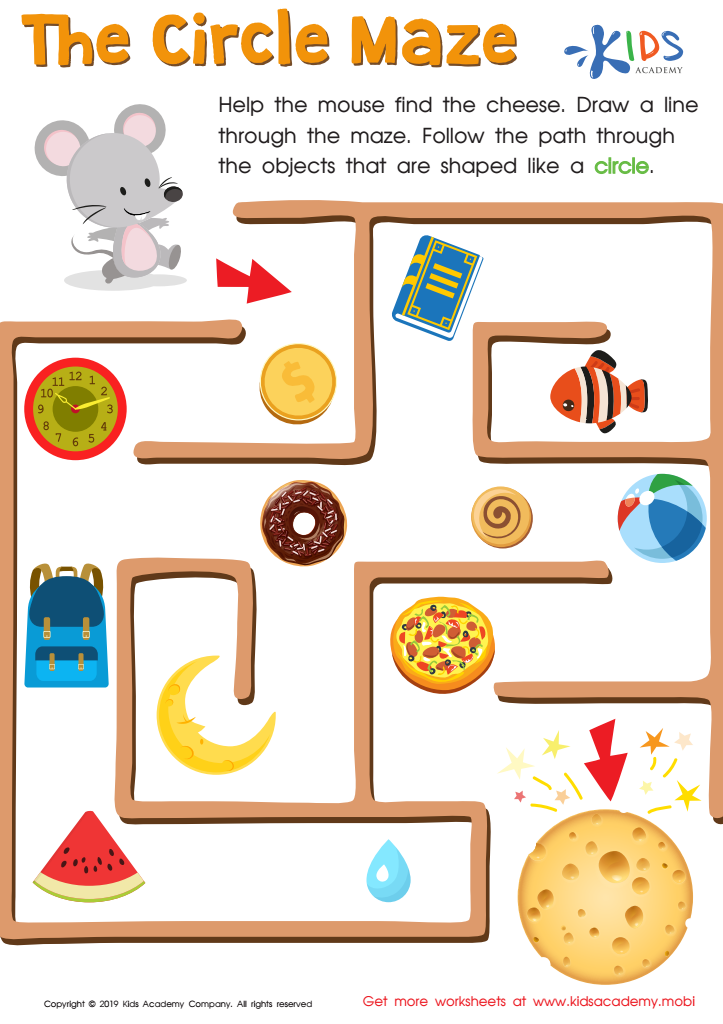

The Circle Maze Worksheet
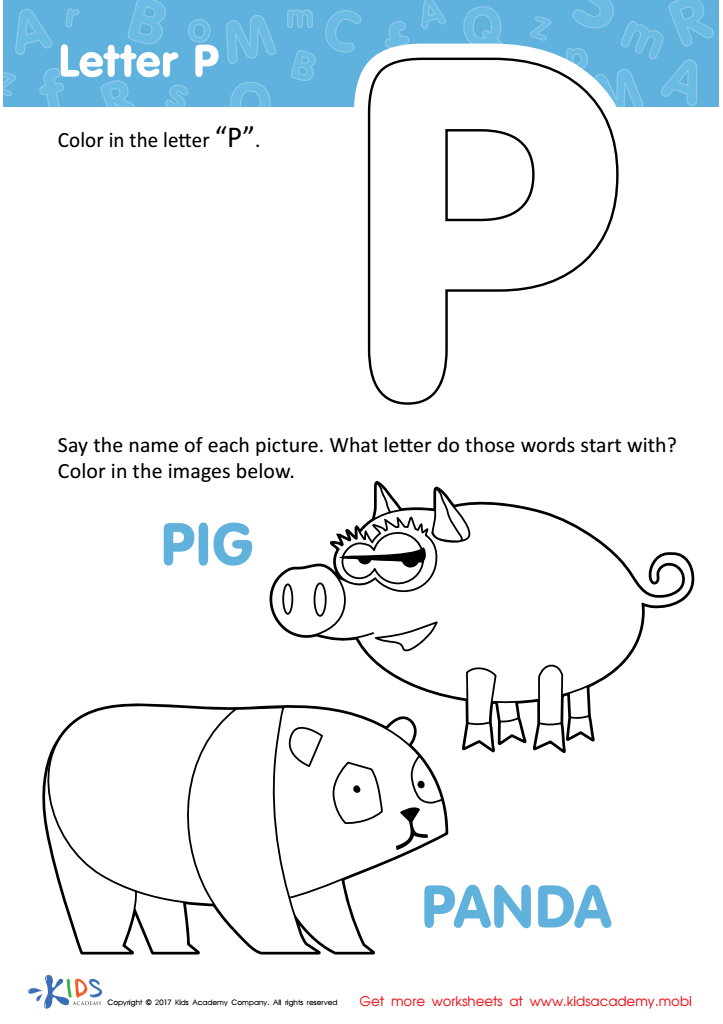

Letter P Coloring Sheet
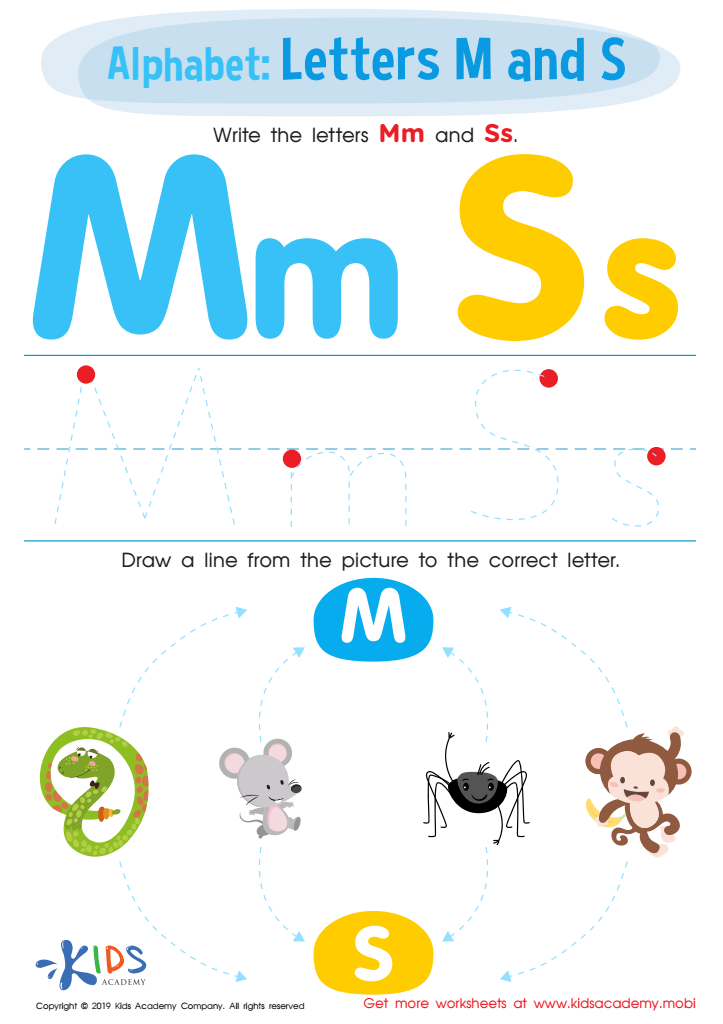

Letters M and S Tracing Worksheet
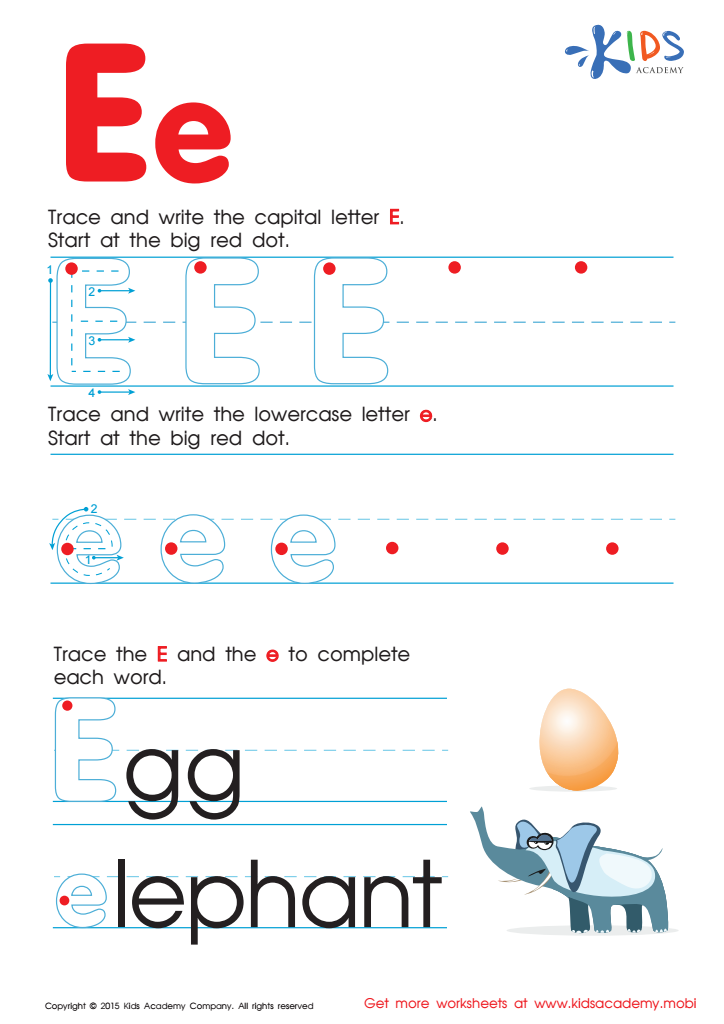

Letter E Tracing Page
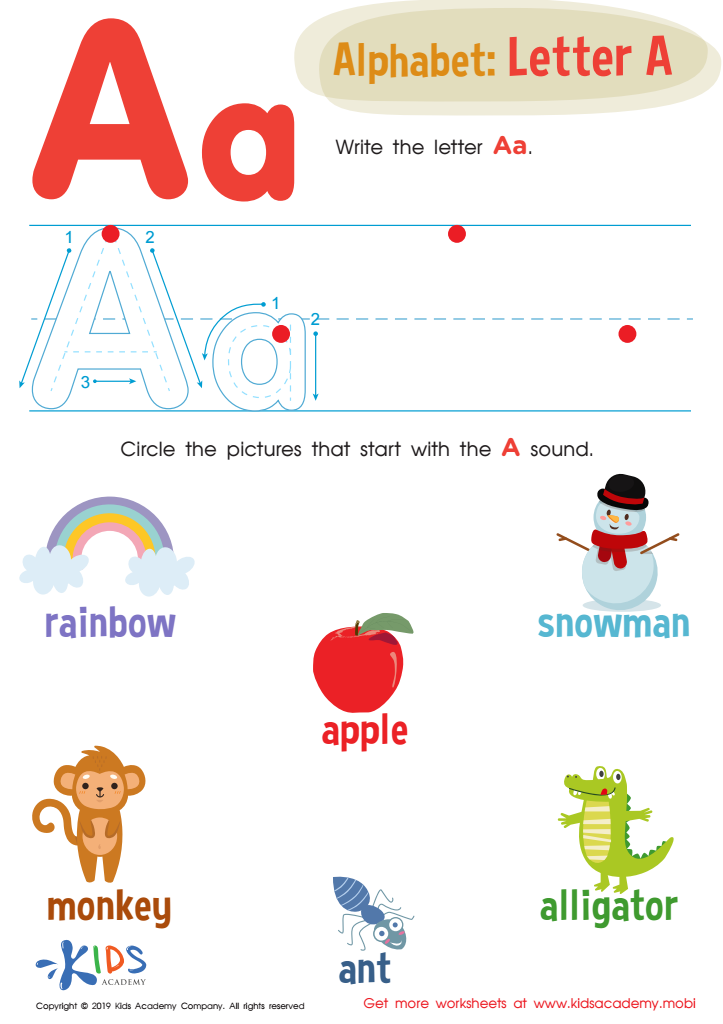

Letter A Tracing Worksheet
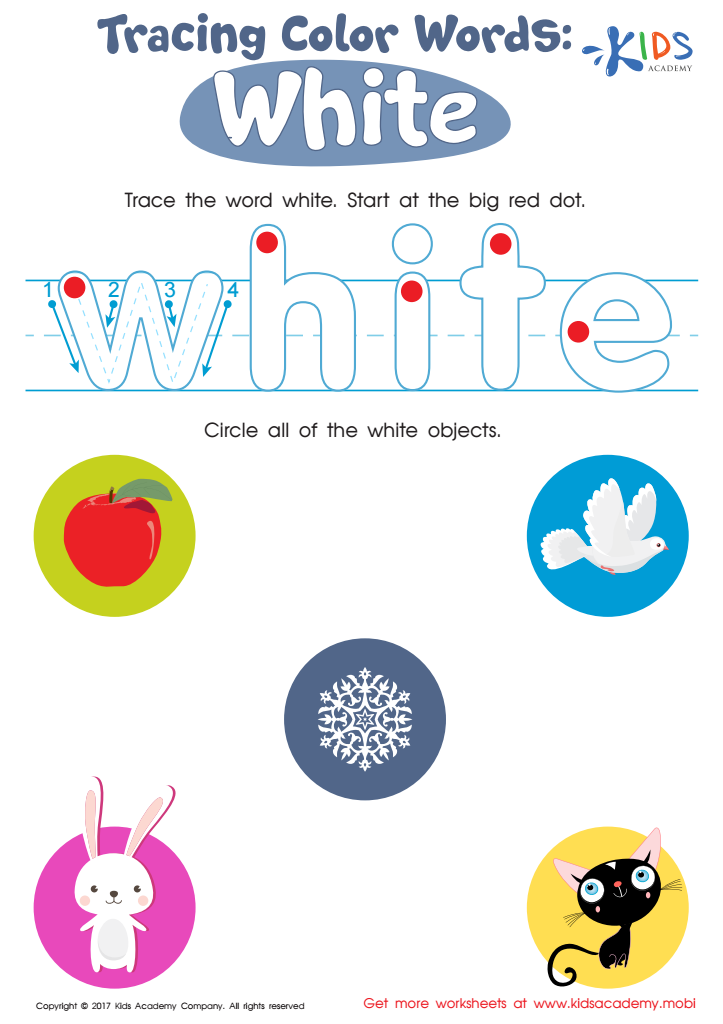

White Tracing Color Words Worksheet
Fine motor skills are crucial for children aged 3-4 as they lay the foundation for future educational success and overall well-being. These skills involve the coordination of small muscles, particularly in the hands and fingers, which are essential for performing everyday tasks such as writing, buttoning clothes, and manipulating small objects. For English beginners in this age group, developing fine motor skills is intertwined with language acquisition and cognitive growth.
When children engage in activities like cutting with scissors, drawing, or playing with blocks, they enhance their hand-eye coordination and finger strength. These activities are not only crucial for physical development but also for fostering concentration and patience—key attributes for learning any language, including English. Additionally, mastering fine motor skills can lead to greater independence and confidence, setting a positive tone for future learning experiences.
For teachers and parents, promoting fine motor skills through playful, hands-on activities can make the process enjoyable and effective. Offering a range of materials such as crayons, playdough, and puzzles can stimulate interest and participation. By investing in the development of fine motor skills at an early age, caregivers can help children build a strong foundation for academic achievement and everyday competence, thus facilitating a smoother transition into more complex skills required in school settings.
 Assign to My Students
Assign to My Students









